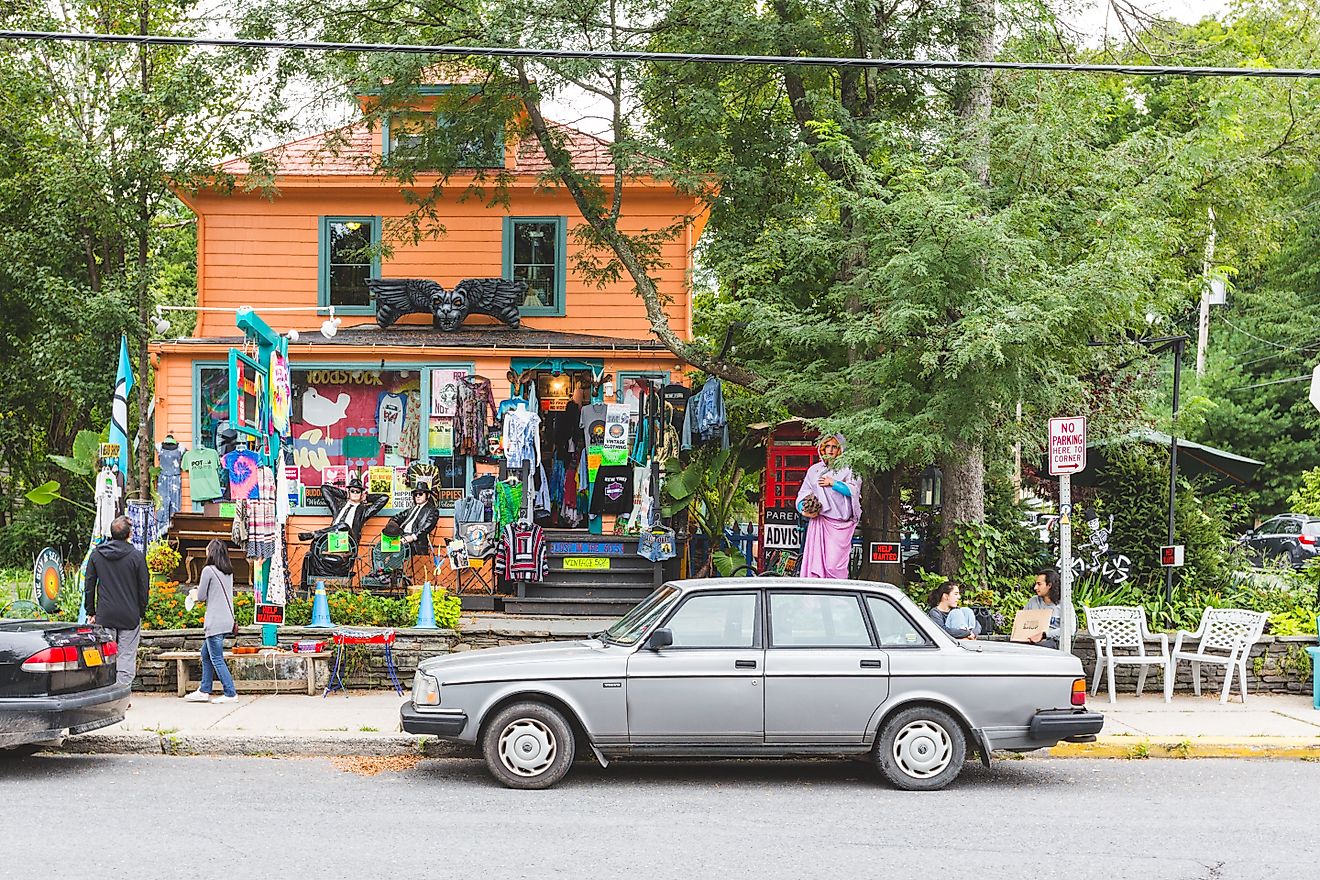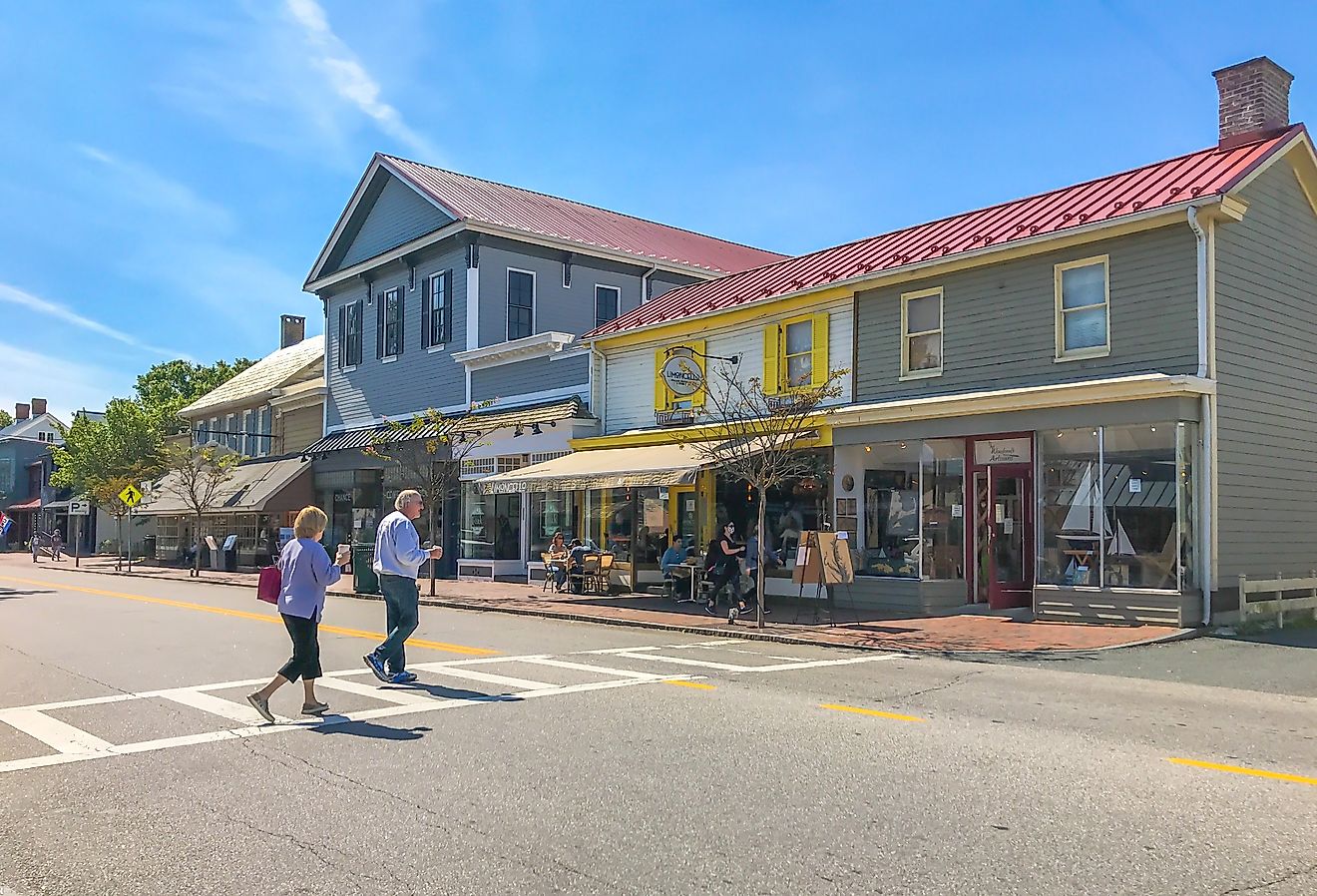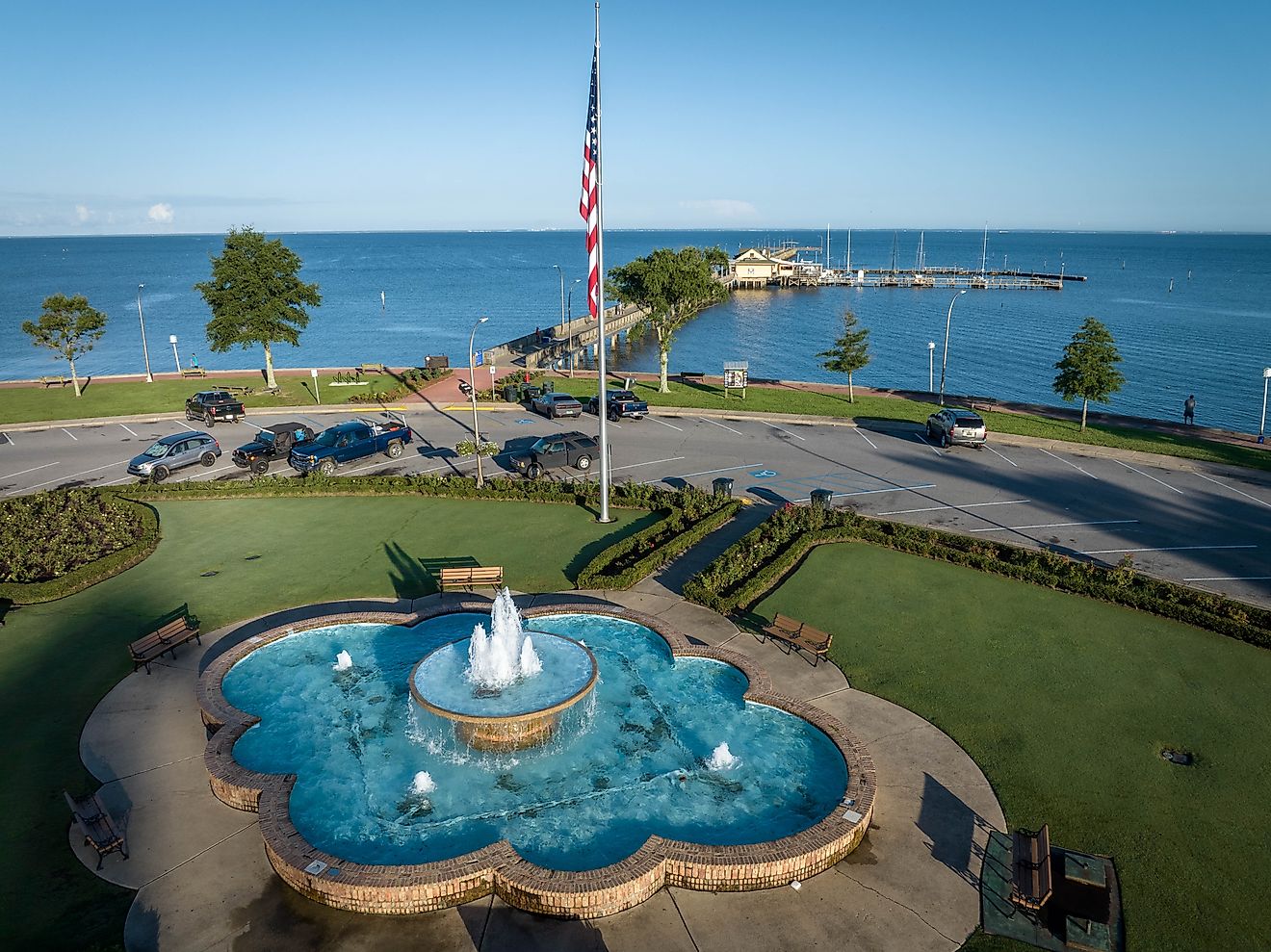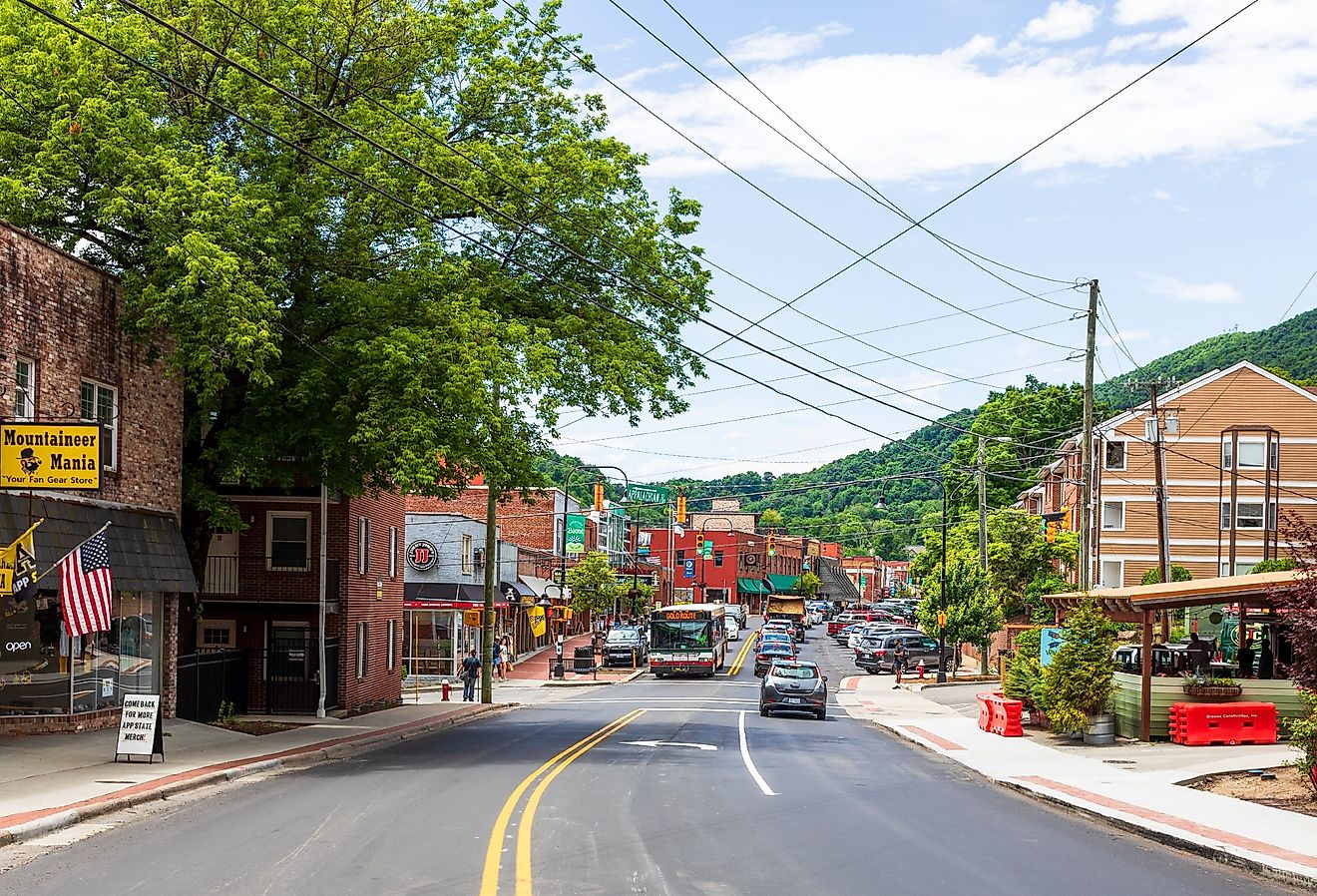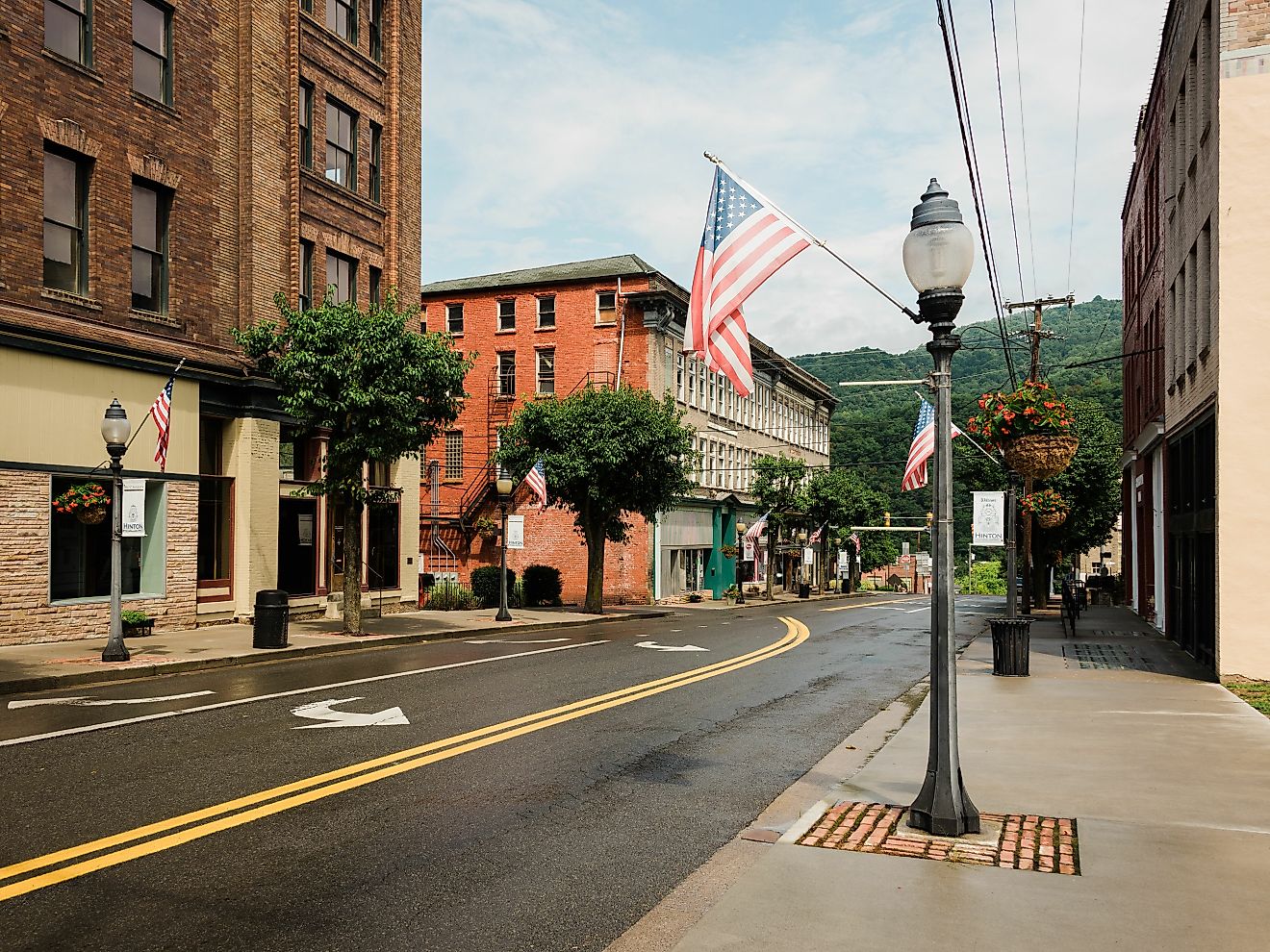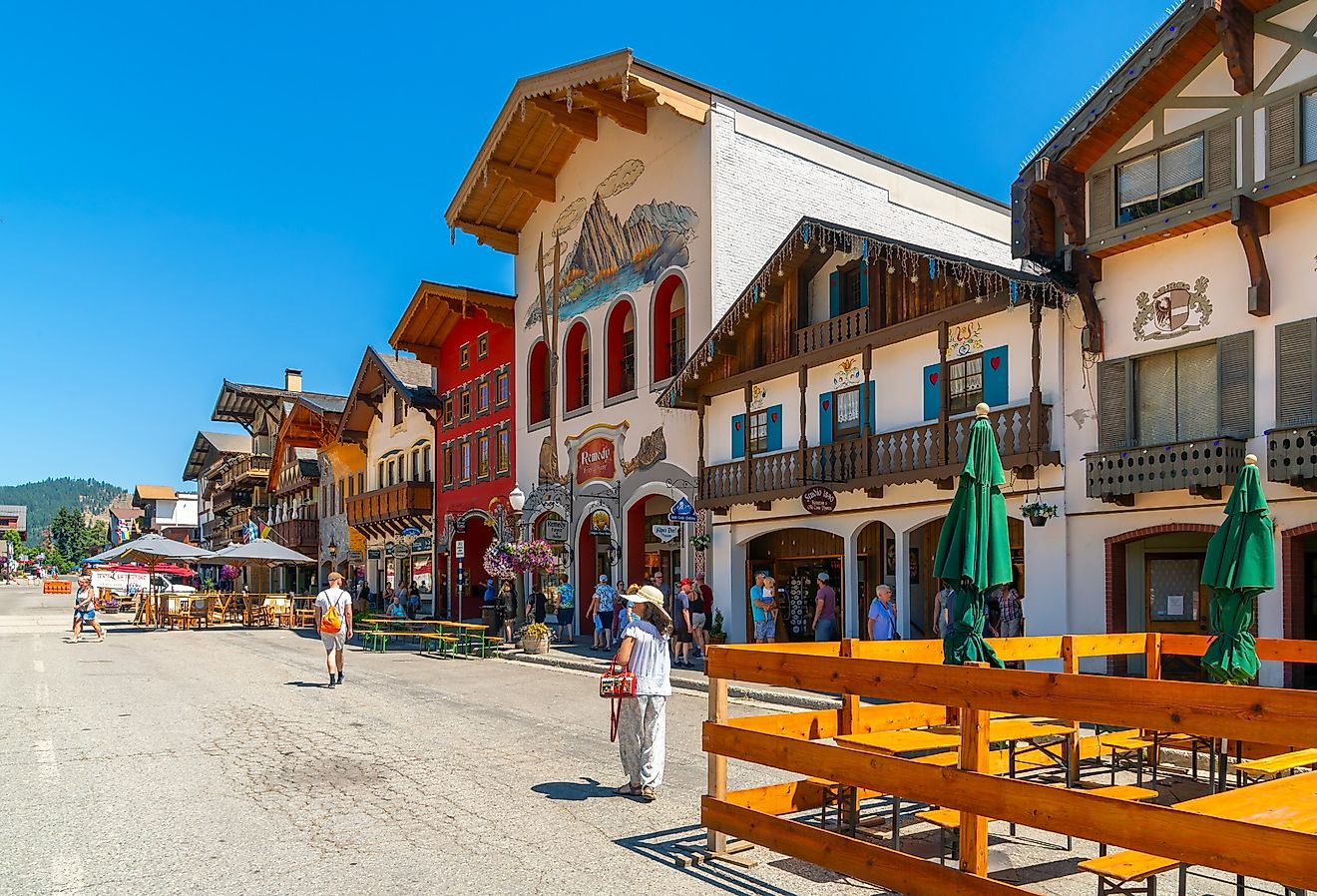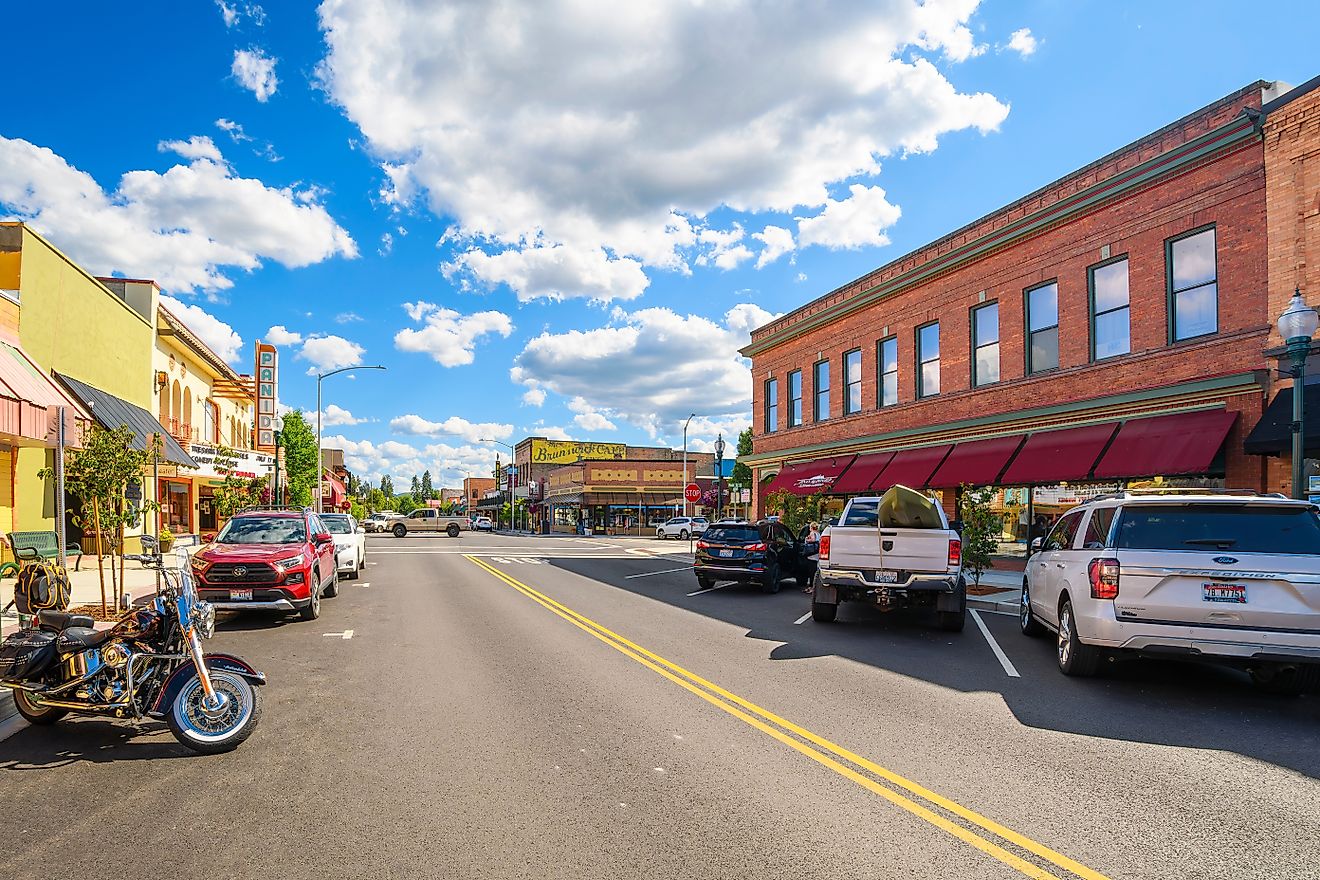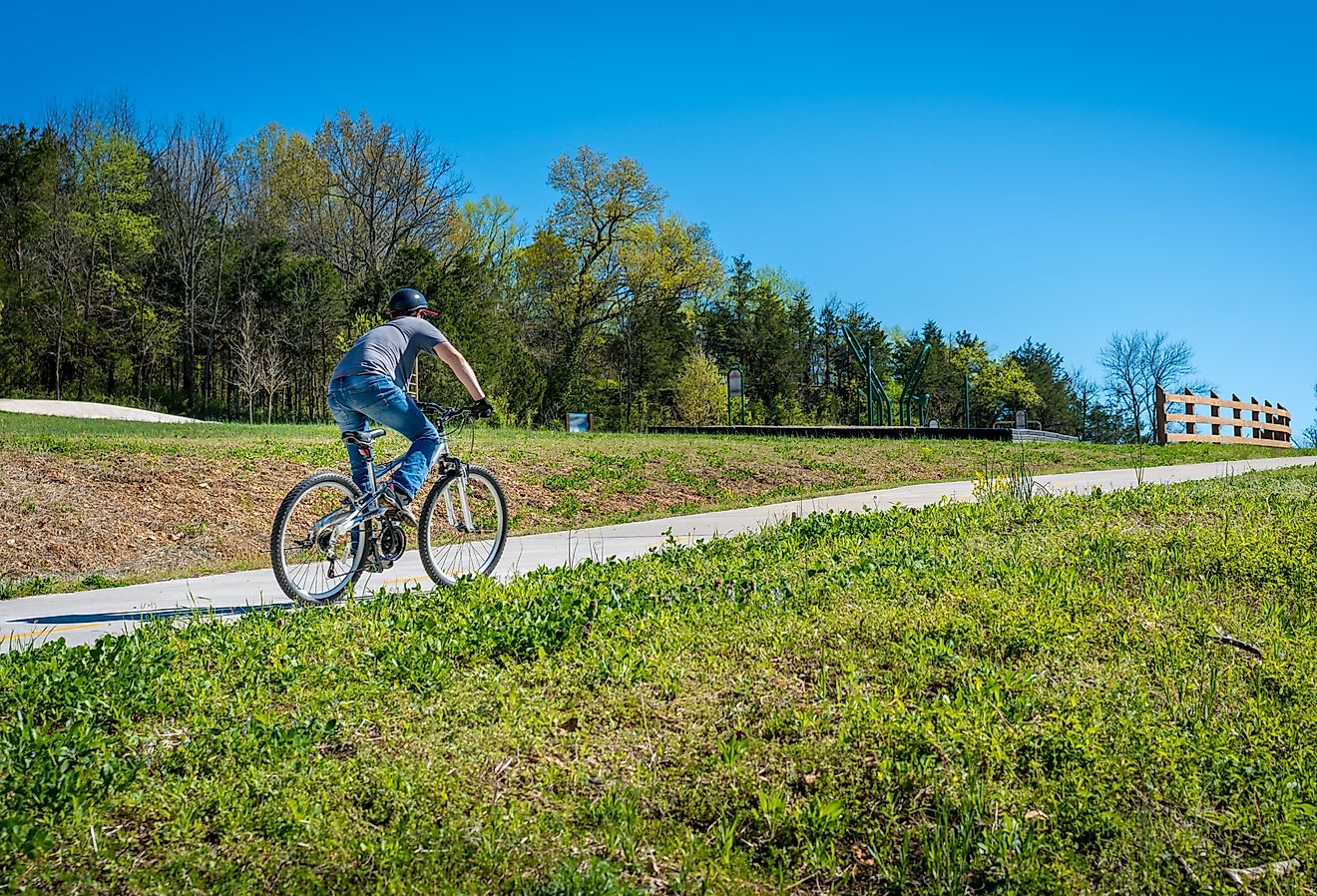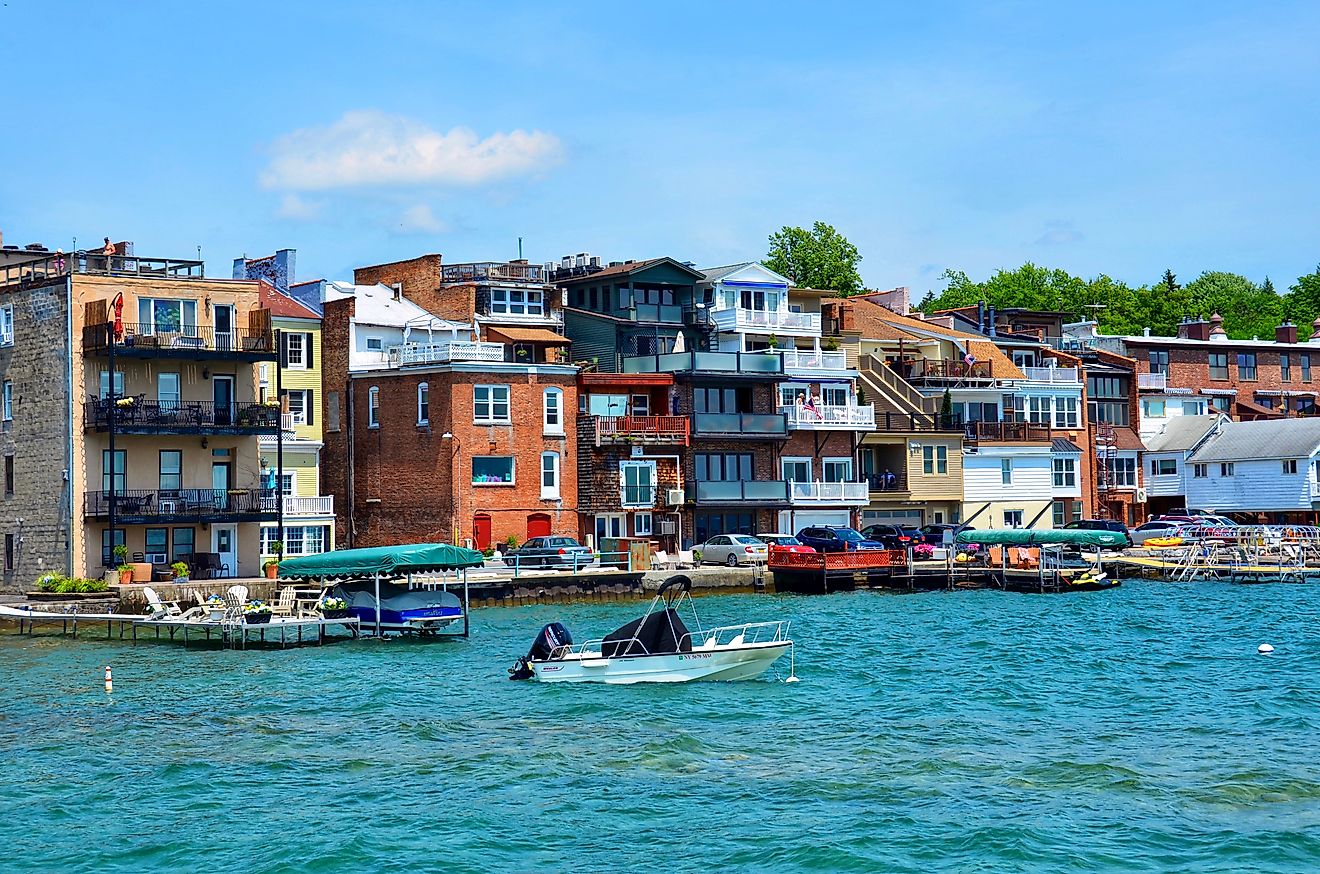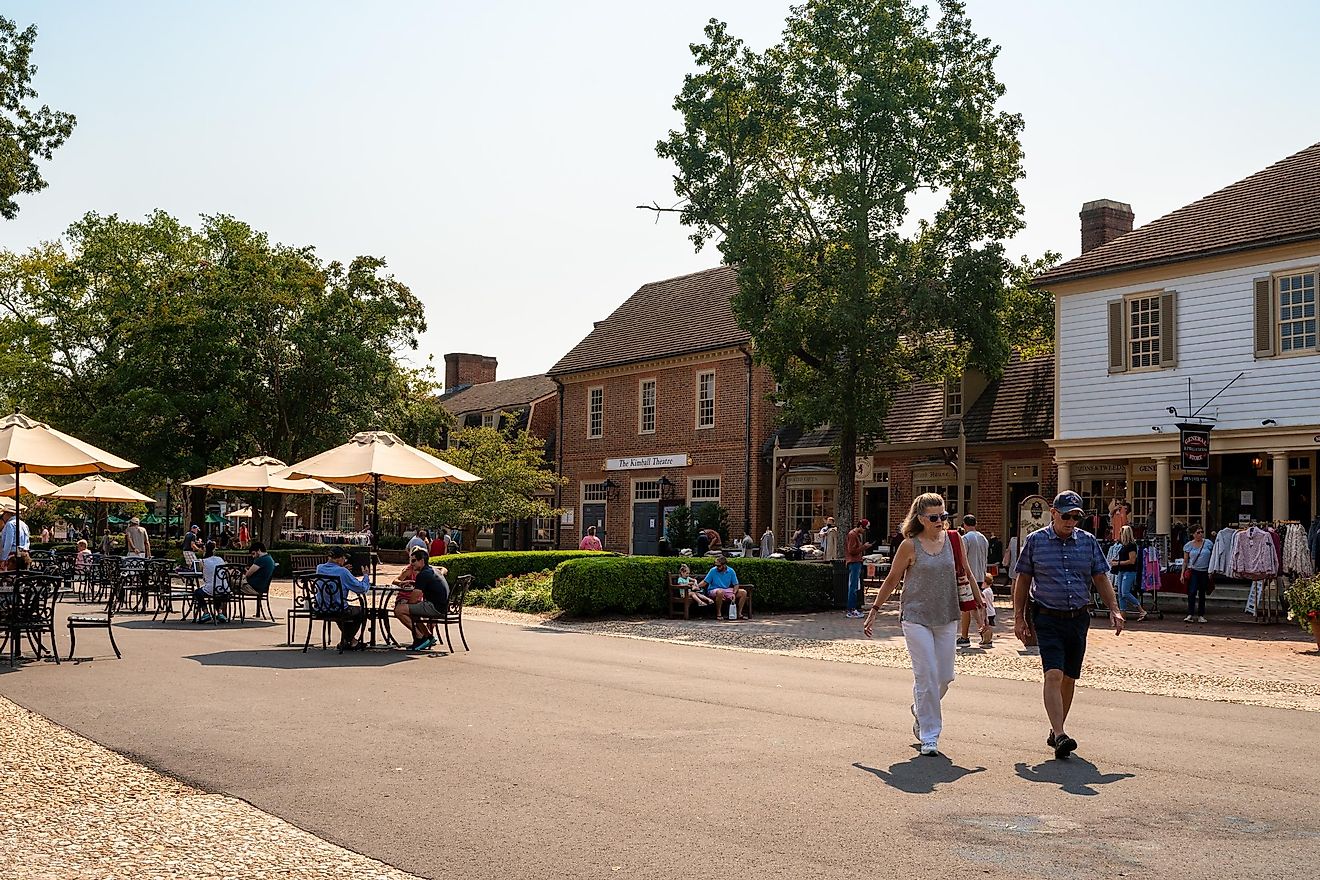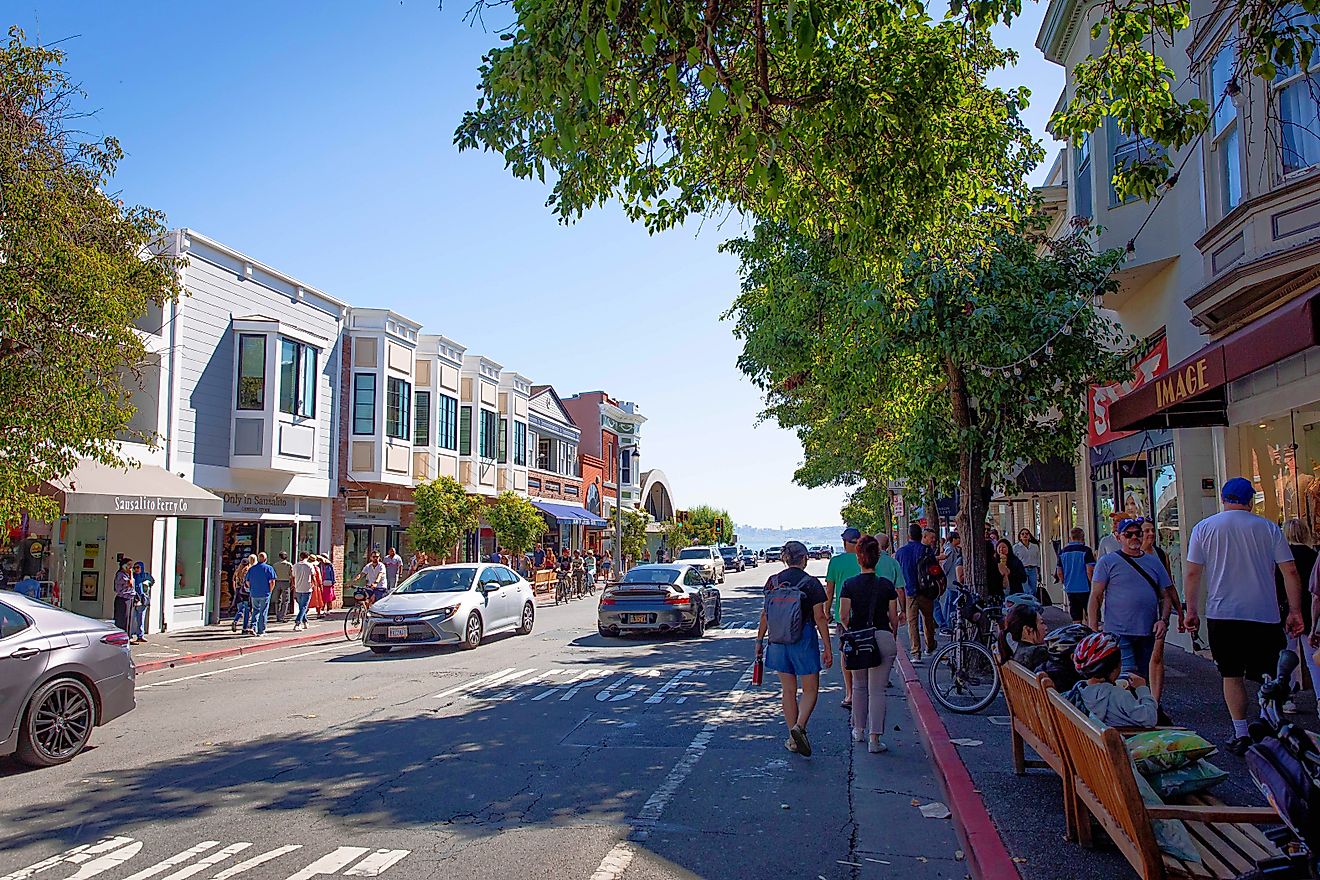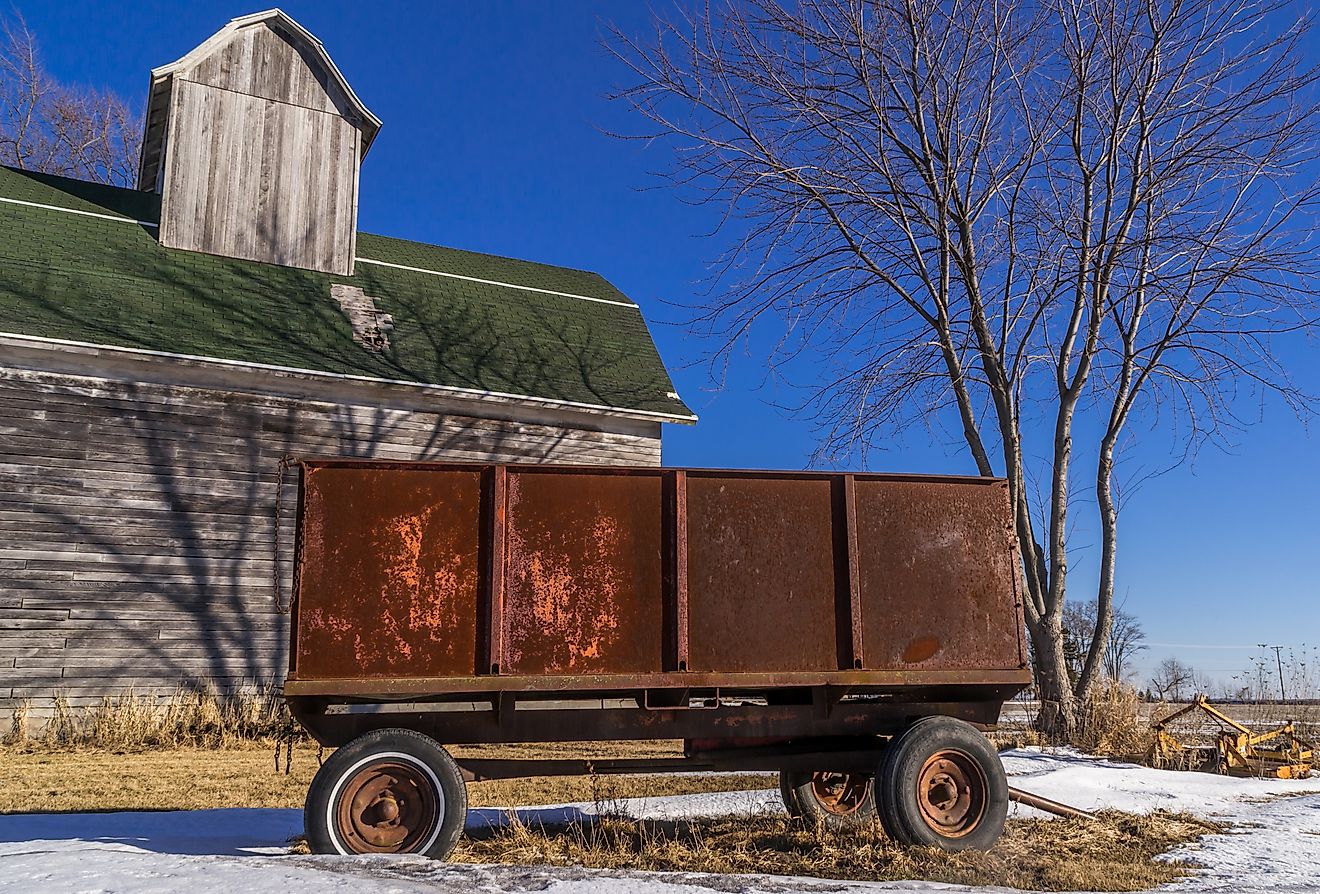
San Jose, California
San Jose is a large city situated in Santa Clara County in the west-central portion of the US State of California. It is the state's third-most populous city and forms a part of an extended metropolitan area around the San Francisco Bay that incorporates San Francisco and Oakland. The city serves as the hub of the Silicon Valley, a region that includes many of the world's largest high-tech and computer-related industries. San Jose State University and the San Jose City College are located in the city, fuelling the tech industry. San Jose is also a city of culture and the arts, with several institutions such as the Museum of Art and Tech Museum of Innovation located here.
Geography And Climate Of San Jose

San Jose is situated about 80 km southeast of San Francisco, in the Santa Clara Valley, stretching northwest to southeast with mountain ranges on both sides. Both Coyote Creek and the Guadalupe River flow through the city. San Jose lies on a floodplain, with the land gradually sloping upwards towards the east. San Jose covers a total area of 469.72 sq. km, of which 461.63 sq. km is occupied by land, and 8.09 sq. km is covered by water.
The city experiences a Mediterranean climate, as per the Köppen Climate Classification. The city has warm, dry summers, while the winters are short but cool and typically wet, with some cloudy skies, in contrast to the typically sunny skies most of the year. Annual rainfall averages about 12 inches from 2000 to 2022, with four years during that period with less than 9 inches. Average daily high temperatures range from about 15 °C in December and January to about 28 °C in July and August.
Brief History Of San Jose

The abundance of food along the coast, including mussels, salmon, seaweed, rabbits, and more, drew the indigenous people to the San Jose area thousands of years ago.When European settlers arrived in the west central area of California in the mid-18th century, it was inhabited by the Costanoan Indian tribes. The Costanoans lived in a series of independent villages from San Francisco Bay to Point Sur, California. The Spanish colonizers renamed them in groups; the Soledad, San Juan Bautista, Santa Clara, etc. The Santa Clara tribe lived in the immediate San Jose area. Despite the dismantling of their traditional culture, there were about 4,500 descendants of the original inhabitants living in the area by the early 21st century.
The first civic settlement in California was established by José Joaquin Moraga in 1777. It began its existence as a farming community and went by the moniker Pueblo de San José de Guadalupé for St. Joseph. The fertile valley produced vegetables, cattle and wheat for the military stationed in San Francisco. American forces occupied California in 1846, and San Jose became the new state's first capital for a brief period after the end of the Mexican-American War. The first California state legislative assembly convened in San Jose in 1849. The city began to grow almost immediately throughout the late 19th century. It was the influx of first large industries, and then soldiers and vets returning from WWII, that led to its largest and most rapid period of growth. As the city became known as a key part of the Silicon Valley, more and more key companies started establishing in San Jose and surrounding areas, fueling the influx of tech workers and their families.
Population Of San Jose
In 1870, the city's population was already at 9,089 by reason of its location. By 1900, it had climbed to 21,500, and by 1930, 57,651. The city's population growth through the latter half of the 20th century is remarkable. The city's area more than tripled between 1960 and 2000, and its population more than quadrupled during the same period. In 2010, the city's population was measured at 945,942, with the combined San Jose–Sunnyvale–Santa Clara Metro Area at 1,836,911. In 2020, the city had jumped to 1,013,240, and the San Jose–Sunnyvale–Santa Clara Metro Area to 2,000,468. San Jose's Asian and Hispanic communities together make up about 60% of the modern city's population.
Economy Of San Jose

Mining was a major activity in the region, introduced to the Spaniards by the Ohlone. From its beginnings as a farm center, San Jose quickly developed into a trade depot for the burgeoning gold fields that were located just east of Sacramento. The railroad came to San Jose in 1864, making it the natural depot for transporting produce to San Francisco and beyond. Fruit and other food processing industries dominated the city's economy into the mid-20th century. With the advent of the Second World War, large manufacturing plants for the aerospace and other equipment-related industries were established nearby, and the city grew exponentially with the new economy. This marked the beginning of its status as the hub of Silicon Valley.
Through the 20th century, San Jose became the epicenter for high tech industries, including computer hardware and software, and Internet, along with production of semiconductors, scientific instrumentation, and more. The agricultural sector is still a strong force in the local economy, with a specialization in several crops, including greenhouse plants and cut flowers, wine grapes, cherries, and beef cattle.
Attractions In San Jose
Rosicrucian Park

San Jose's vibrant cultural life can be experienced via professional arts companies such as ballet and opera, along with major museums and places like Rosicrucian Park, with a museum of Egyptian artifacts and a planetarium.
Winchester Mystery House

San Jose's history can be witnessed in places like the Winchester Mystery House, the fabled 160-room Victorian mansion built by the heiress to the gun manufacturer of the same name.
With its urban sophistication set in the middle of a fertile agricultural area, San Jose is known for its classic California cuisine and farm-to-table dining scene.
